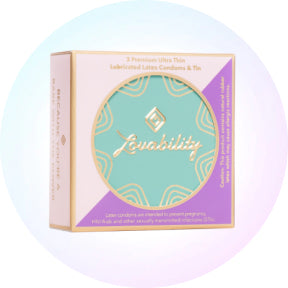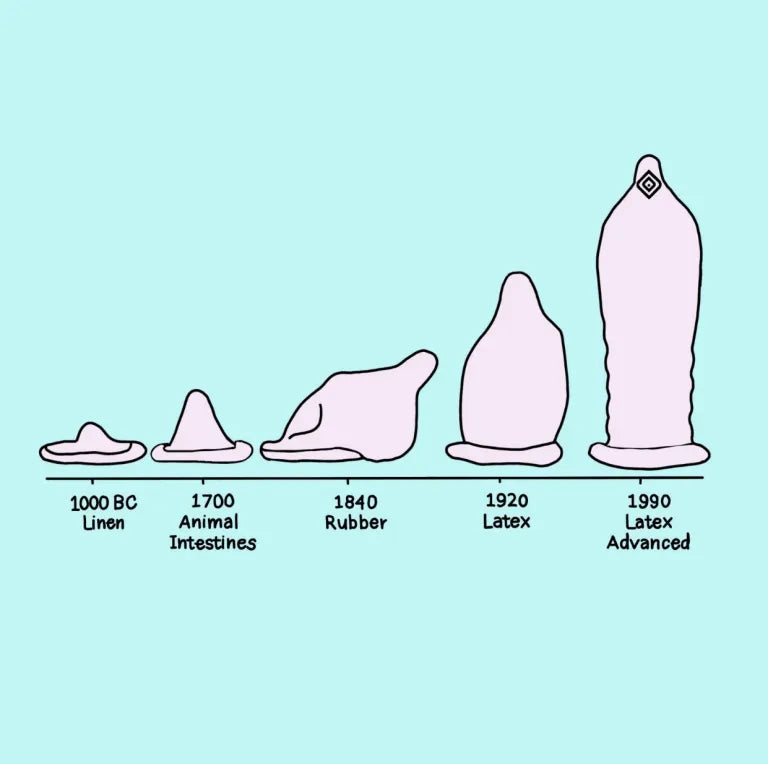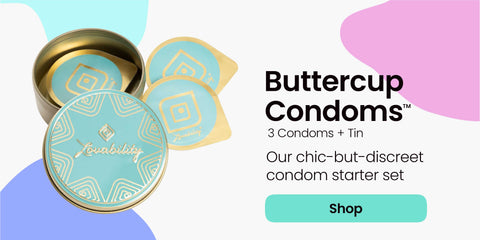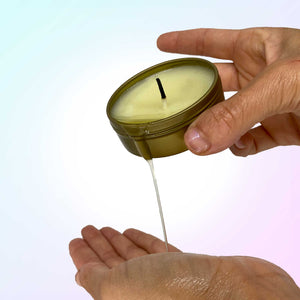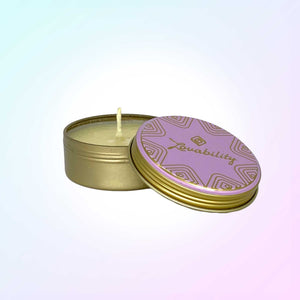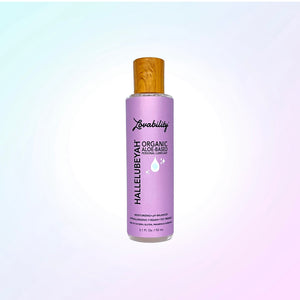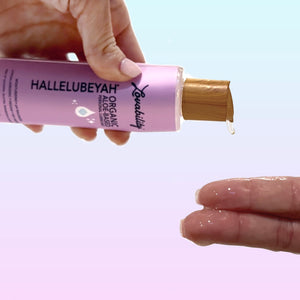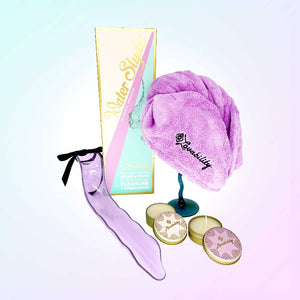The history of condoms is long and storied, with pretty much everything you can imagine being used to prevent both pregnancy and disease. In fact, the earliest known condom is actually of the vaginal insert variety! I can’t think of any more poetic evidence that condoms are as much a woman’s issue as a man’s. There’s so much social pressure on guys to always be the ones carrying condoms, but that’s total BS! EVERYONE should be empowered to take charge of their sexual health, especially women.
Condoms Are Public Health Rockstars And A Woman’s Best Friend
Condoms have and will likely continue to play a huge role in protecting and maintaining public health. Humanity has relied on them to protect each other from disease, to prevent unwanted pregnancy (male condoms are 98% effective when used correctly), and to even distinguish between social classes. It’s no secret then that condoms are super important to us as a society, and these interesting stories of condom history highlight our enduring relationship with this important medical and social device (like who knew rubber had so many good – and sexy – uses?!).
The Condom Story from Ancient Greece They Probably Didn’t Tell You in School
When were condoms invented? The earliest known documentation of the “condom” was that of King Minos of Crete.
For all you Greek Mythology buffs out there – yes, the same Minos that was the father of the Minotaur. His semen was believed to have “serpents and scorpions in it, so to protect himself and his partners, the bladder of a goat was inserted into the woman’s vagina.
As this piece of history shows, amazingly, vaginal insert condoms were some of the first types of condom-like contraception/protection used. While they’re less popular today, vaginal, or “internal,” condoms are still widely used and have a number of benefits.
Colorful Condoms Weren’t Just All Fun and Games
The Ancient Egyptians were one of the first civilizations to use a sheath-like contraceptive that more closely resembled the modern condom. Linen sheaths were used specifically to prevent tropical diseases like bilharzia. Egyptian men even wore differently colored sheaths to distinguish social status within their complex hierarchies.
Now I’m not saying that we should bring this back necessarily . . . But I ‘m not above using this method to secretly rank my sexual partners. The Ancient Egyptians had a lot to teach us about a wide variety of things, and I would be remiss if I didn’t take another page out of their book.
Butchers Enter the Sex Game
Early condoms were often made out of animal parts (I know, kinda gross). Animal bladders and intestines were regularly used to make, or were used themselves, as contraception.
Butchers who understood the high tensile strength of intestines started to craft sheath condoms that protected against disease and pregnancy. The intestines and other animal parts were stretchy, strong, and leak-proof (for obvious reasons). This made them great condoms – and these types of animal-product condoms are still made and used around the world, especially by those who are allergic to latex!
A Royal Etymological History Of Condoms
King Charles II of England was prescribed a sheath made of lamb intestine to prevent the number of his illegitimate children from growing. The doctor known as Colonel Quondam, is considered by many to be the etymological basis of the modern term. (What I wouldn’t do for a legacy like that…) The word “condom” itself first appeared in the diary of a physician, Daniel Turner, and it then came to be an official word once it could be found in a dictionary detailing vernacular language in London in 1785. All that said, others believe the origin of the word condom may have come from elsewhere.
Thank you, Charles Goodyear (yes, of the tire company)
Charles Goodyear was an American inventor who discovered rubber vulcanization in 1839 during the Industrial Revolution. This process – in which sulfur and natural rubber are heated together to form a more malleable and durable material that has a higher elasticity and tensile strength – enormously contributed to the mass production of the first “modern” condoms. The first rubber condom was produced in 1855, and we’ve never looked back. Fun fact – these early “rubbers” were originally made to size . . . Something the Clone-A-Willy company (or maybe like, Things Remembered) should definitely look into. I feel like I know a few penis-owning people in my life who’d love a custom made condom or two for Christmas.
Latex and War
In the 1920’s, latex was invented. It would be the revelation that would transform the condom into what it is today. The hope was that with a longer shelf-life and higher tensile strength, they could be deployed to stop the spread of unwanted pregnancies and venereal diseases in the wake of war.
During WWI, the American and British armies did not issue or use condoms, even though they very much knew about their ability to help prevent disease (the history of “I don’t like how condoms feel” fuckboys is long and apparently never changes). During WWII, the American army finally deployed condoms for their soldiers, but (surprise, surprise!), it did little to decrease the number of cases of syphilis and gonorrhea.
A Public Health Issue EVERYONE Should Get Behind
Birth control, and condoms in particular, is something we should all recognize as important to the maintenance of public health. As these stories have shown, condoms have come far – from animal bladders to the ultra-thin vegan natural latex for sensitive skin! If Bill Gates’s 2013 condom challenge to develop the next gen condom is evidence of anything, there are more advancements on the horizon.
And, lastly, while men have generally been expected to provide the condoms, everyone – especially women – should be responsible for their sexual wellbeing. It is time to break the stigma that says that men are the ones to carry condoms. So ladies, let’s learn from this history and begin to reclaim our power over our sexual health. It’s a public health issue that affects EVERYONE, so keep yourself protected – especially when you can do it in style!
About The Author
Elizabeth Mason earned her degree in Gender and Women’s Studies from UC Berkeley, and hopes to continue to focus her studies on womxn’s health and sexual wellness. Her main interests include identity politics and their relation to issues surrounding womxn’s healthcare and sexual liberation. She looks forward to the day when all womxn are empowered socially, politically, and – most importantly – sexually. She can be found on Instagram @elizabeth.mason.
More Articles You Might Love
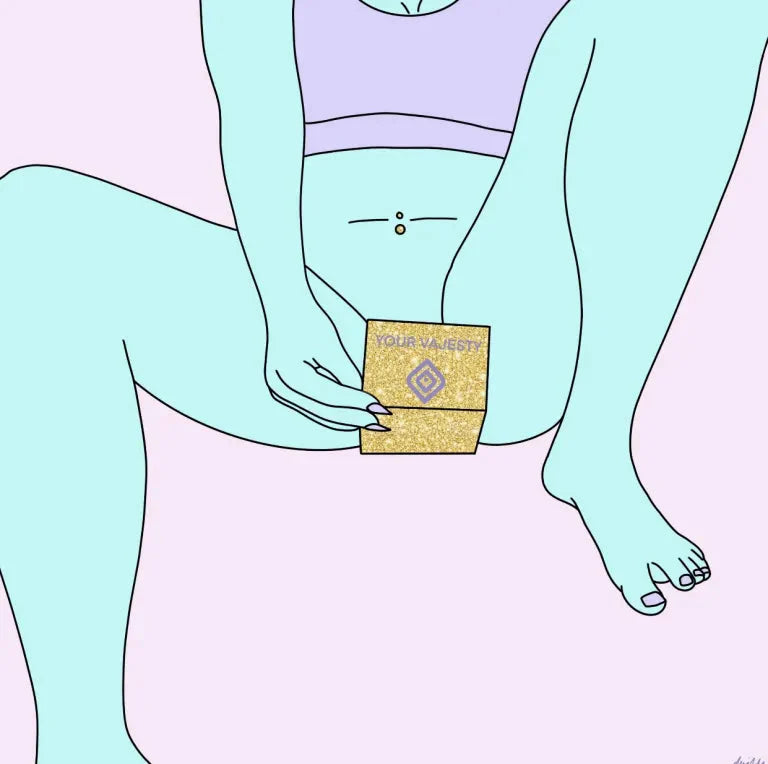
Get To Know Your Vulva



